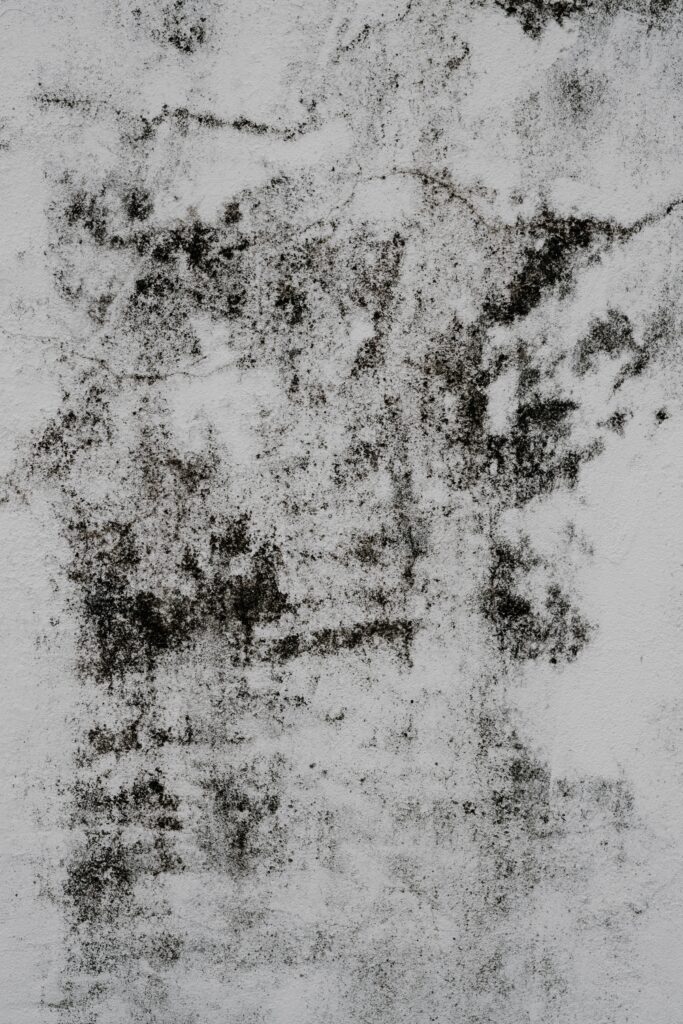
Mold and Mycotoxin-Induced Illness
Mold is part of our world.
It is inconvenient when we find it on our food.
It is irritating when it causes allergies.
It can be lifesaving when it creates an antibiotic.
But of the more than 50,000 species of mold, around 200 are currently known to potentially cause serious illness in humans. particularly via microscopic molecules known as “mycotoxins”.
Mycotoxin-induced illness is a rapidly emerging area of interest in environmental and integrative medicine, brought to the public’s attention via Dr. Richie Shoemaker. Unfortunately it is not yet recognized by mainstream medicine in America and there are limited research studies on human health consequences from mycotoxins. Of the plethora of papers that we currently base our diagnostic and treatment approaches, 99% of these are on food, animals, or in a lab. For mainstream medicine to truly recognize this illness, we need more studies on humans, but to do this is unethical.
With that regard, there are very few medical practitioners and health coaches that know how to thoroughly address mycotoxin-illness. It is wonderful that we have people who have chosen the difficult path of becoming an expert in this area, given the limited information we have. But the reality is that we are still in the infancy stage of treating and identifying mycotoxins that cause health issues. You’ll find that many courses and experts advise to treat with handfuls of supplements, strict lifestyle changes, throwing away all material belongings, and more. This may be required for some, but definitely not for all! There is a lot of information found online on this illness, which generates mostly fear and can lead to a significant expenditure of money and emotional turmoil.
For practitioners, treating suspected mycotoxin-illness can lead to burnout – patients can be very ill, and there are no pill-based “game-changers”. If you are a practitioner that chooses to work with these patients, the following are organizations I’ve found that provide education on mycotoxin illness.
- Dr. Jill Crista’s course (highly recommended by colleagues; CME provided; option to participate in case review workshops after graduation)
- Mold Detox Diet (put together by Dr. Margaret Christiansen and Dr. Gail Clayton)
- Nutrigenetic Research Organizations 2020 conference covering Environmental Medicine and Genomics Mycotoxins
- American Academy of Environmental Medicine (AAEM): Course on mold, mycotoxins, and human health; or Spring 2021 conference recordings
- American College of Advancement in Medicine (ACAM) Workshop with Neil Nathan MD
- ILADS virtual seminar on mold and mycotoxin illness
And a quick tip for practitioners getting started in treating mycotoxin illness is to make note of the following factors that must be addressed in any patient with suspected mycotoxin illness (for optimal and quick recovery, all of these must be addressed):
- Clean up the toxin “load” (from food, environment, topical products, emotional stressors, nasal colonization, gut etc). In particular, eliminate mold exposure if present (many will improve by 70% or more just with this step – no expensive procedures, supplements, or tests required). If you’re not well-versed at discussing this with patients, I highly recommend learning from Lara Adler (she has a course on how to talk about this with patients).
- Address all 3 phases of detox…gently and methodically.
- Address immune imbalances (especially mast cell hyperactivity)
- Neural retraining. Those that recover the fastest acknowledge that mycotoxins cause symptoms/disease by triggering imbalances in the brain. Examples of this are the Gupta Program and DNRS.